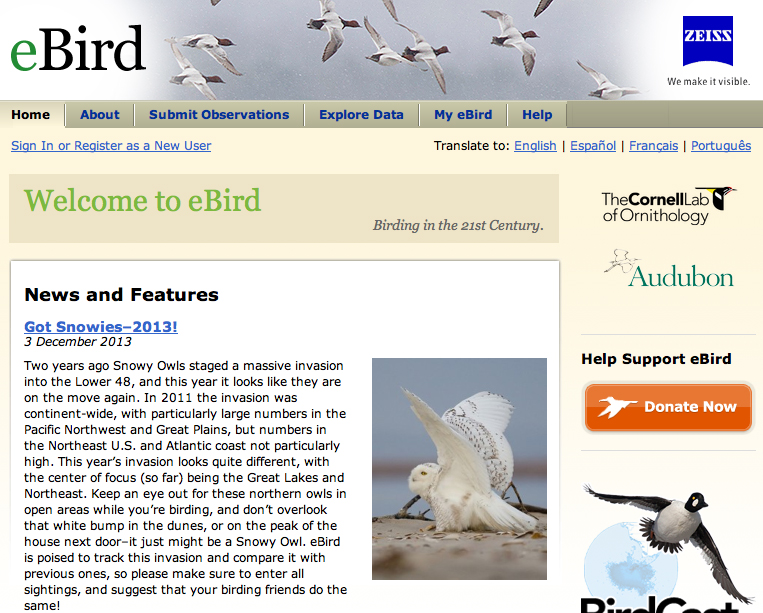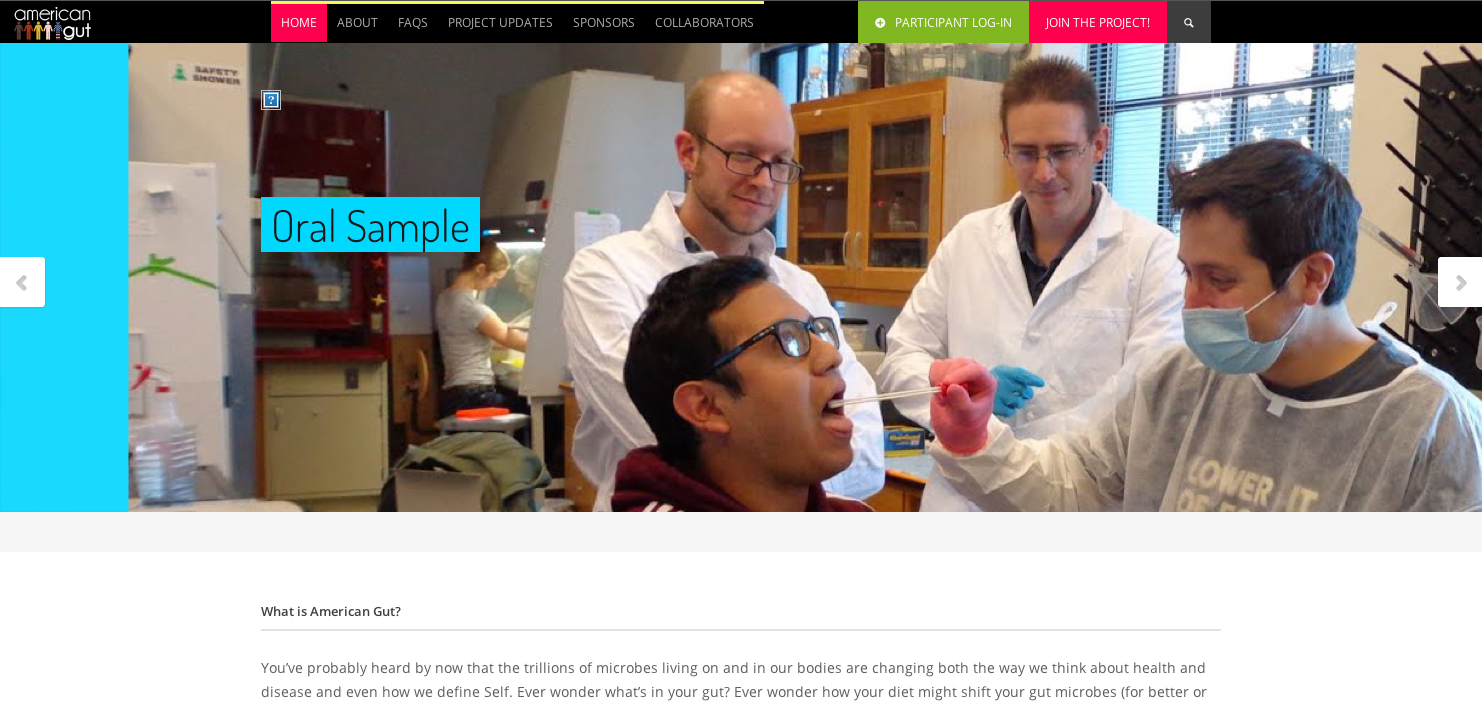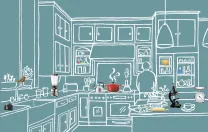PLATFORMS
Zooniverse
https://www.zooniverse.org/
The
citizen-science platform began with a single project, Galaxy Zoo, in 2007; it now
hosts projects from all disciplines, from classification of whale calls to the
transcription of old ship logs.
Scientific American
https://www.scientificamerican.com/citizen-science/
The
general-audience science magazine maintains a detailed project listing for various
disciplines, from evolution to space.
BOINC
https://boinc.berkeley.edu/projects.php
The
Berkeley Open Infrastructure for Network Computing allows citizen scientists to
donate idle computer time to projects ranging from protein-folding to the
search for extraterrestrial intelligence.
Curio
https://www.crowdcurio.com/ (launches
early 2014)
A general
crowdsourcing platform for citizen science; the three inaugural projects will draw
from botany, medieval history, and organic chemistry.
ASTRONOMY
EINSTEIN@home
https://einstein.phys.uwm.edu/
Donate
idle computer time to search for pulsars. Hosted by BOINC.
Galaxy Zoo
https://zoo1.galaxyzoo.org/
Classify
telescope images of galaxies by shape. Hosted by Zooniverse.
Be a Martian
https://beamartian.jpl.nasa.gov/
Tag
and analyze photos from Mars. Hosted by NASA.
BIOLOGY
Foldit
https://fold.it/
Compete
to find stable structures for medically relevant proteins.
eteRNA
https://eterna.cmu.edu/web/
Design
molecules of RNA, a molecular cousin of DNA.
Phylo
https://phylo.cs.mcgill.ca/
Compare
DNA sequences to help determine the tree of life.
Eyewire
https://eyewire.org/
Analyze
images to map connections in the human brain.
ECOLOGY AND ENVIRONMENT

eBird
eBird
https://ebird.org
Share
bird sightings to help map migration patterns. (For the holiday season,
consider the Audubon Society’s Christmas Bird Count.)
Nature’s Notebook
https://www.usanpn.org/natures_notebook
Track
backyard flora and fauna to contribute data on climate change.
Project Lab
https://publiclab.org/
Learn
to collect and analyze your own environmental data.
HEALTH
Cell Slider
www.cellslider.net
Analyze
microscope images of tumor samples. Hosted by Zooniverse.
Personal Genome Project
https://www.personalgenomes.org/
Donate
your genome and health data to scientific research.

American Gut Project
American Gut Project
https://americangut.org/
Donate
samples of the bacteria living in your gut.
HUMANITIES
Valley of the Khans
https://exploration.nationalgeographic.com/
Analyze
satellite images to search for the tomb of Genghis Khan.
Curarium
https://www.curarium.com/ (launches 2014)
View
and analyze digitized museum collections from around the world.
Ancient Lives
https://www.zooniverse.org/project/ancientlives
Help
digitize ancient Greek and Latin papyri manuscripts. Hosted by Zooniverse.
PSYCHOLOGY
Test My Brain
https://www.testmybrain.org/
Take
behavioral-psychology tests and receive personal feedback.
Games With Words
https://www.gameswithwords.org/
Participate
in experiments on the nature of language, with performance feedback.
Lab in the Wild
https://labinthewild.org/
Contribute
to research on cultural variance in design aesthetics.
Project Implicit
https://implicit.harvard.edu/implicit/
Assess
unconscious biases and perceptions.









